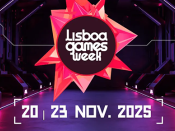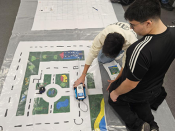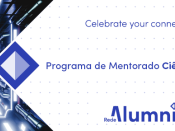Por Valentina Lozza (LIP).
Abstract: A possible source of background for experiments searching for rare events, such as neutrinoless double-beta decay or dark matter, is the activation of the candidate material through spallation reactions induced by nucleons (neutrons and protons) produced in cosmic ray showers in the atmosphere. The use of high purity materials, the deep underground location, and the presence of shields in current experiments highly reduces the contamination of primordial nuclides, like uranium and thorium, increasing the importance of the long-lived radioactive impurities produced during the handling and storage of the setup’s material. For this reason, several experiments, like SNO+, KamLAND, and CUORE have already performed activation studies of the materials used in their detectors with low and high energy neutrons and protons, defining the maximum allowed exposure to cosmic rays on surface, the necessary shielding during transportation, the necessary purification factors, and the cooling down time underground to reduce the cosmogenic background to a negligible level.
In the first part of the talk I will focus on the importance of studying the cosmogenic-induced background, the main production processes, the current status of the field, and the future prospects. I will then present the case of the SNO+ experiment, that has as its main goal the search for the neutrinoless double-beta (0n2b) decay using 130Te. In order to extract a competitive limit on the 0n2b-decay lifetime of 130Te, the identification and rejection of all potential backgrounds contributing in the region of interest is essential. To reduce the cosmogenic-induced background to a negligible level, ad-hoc purification techniques with 10^4 to 10^5 reduction factors have been developed.




















